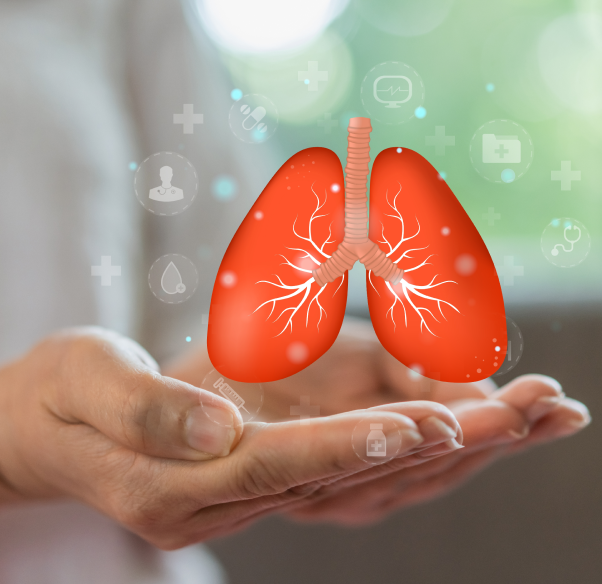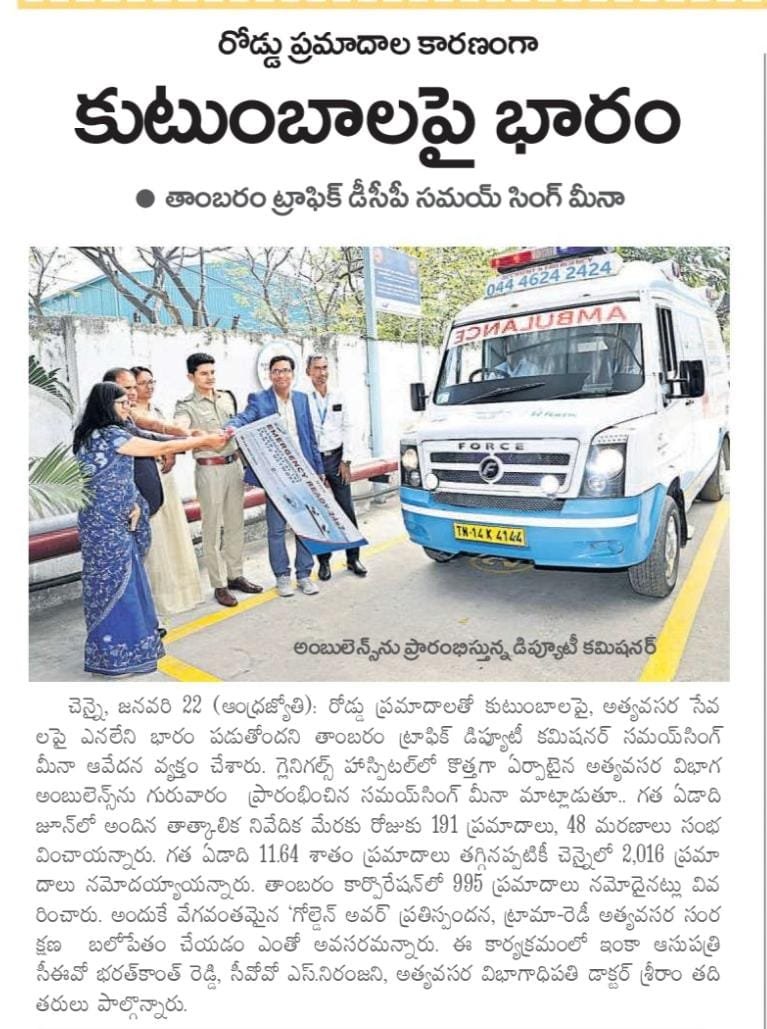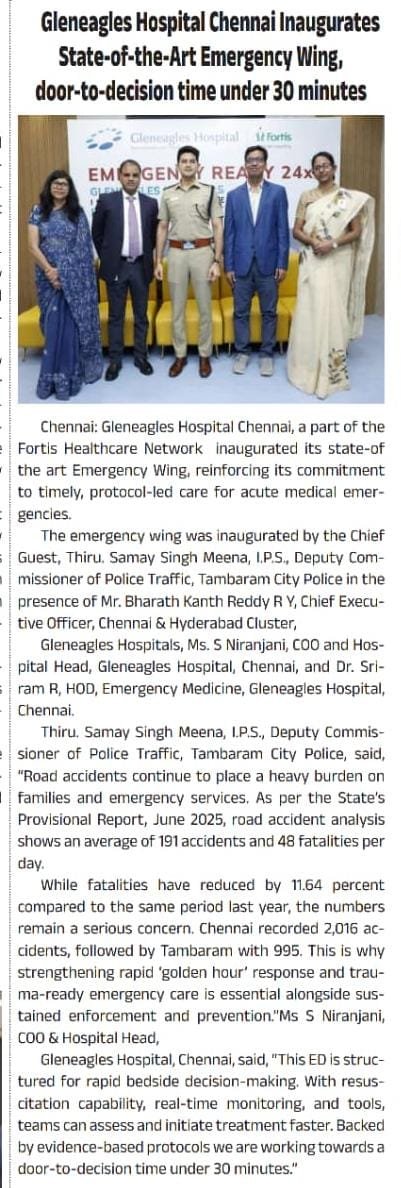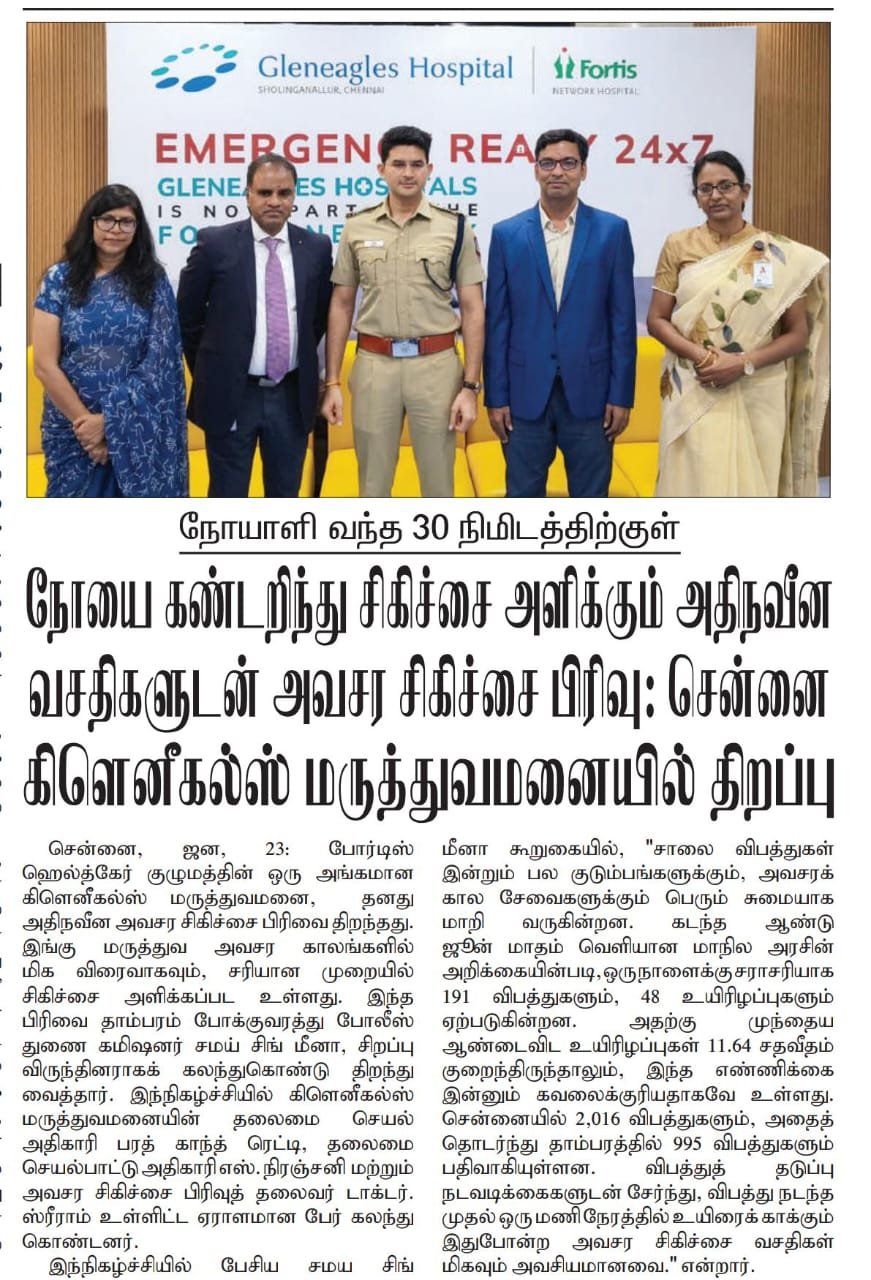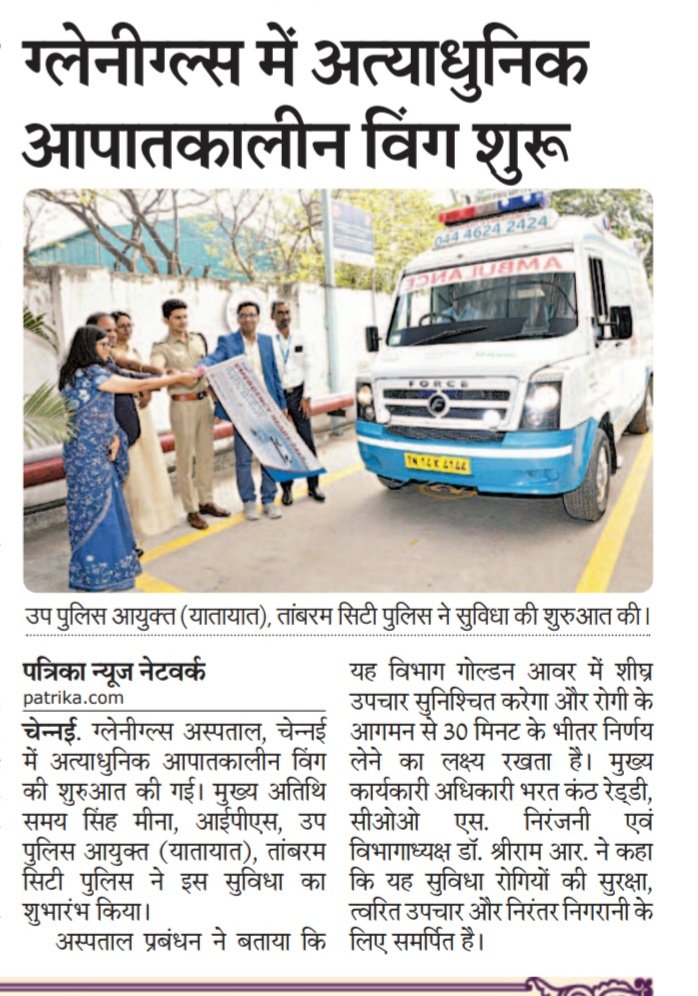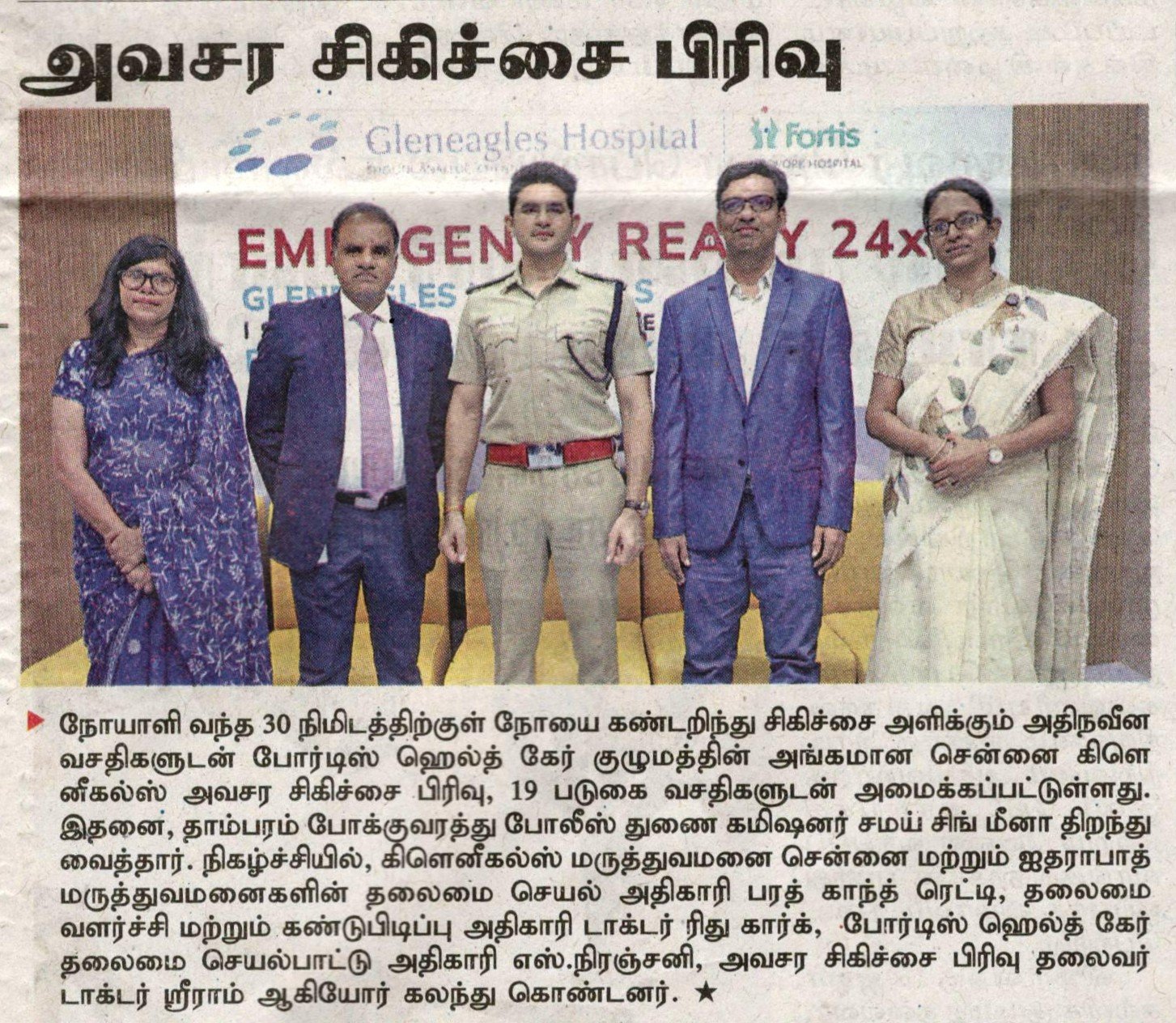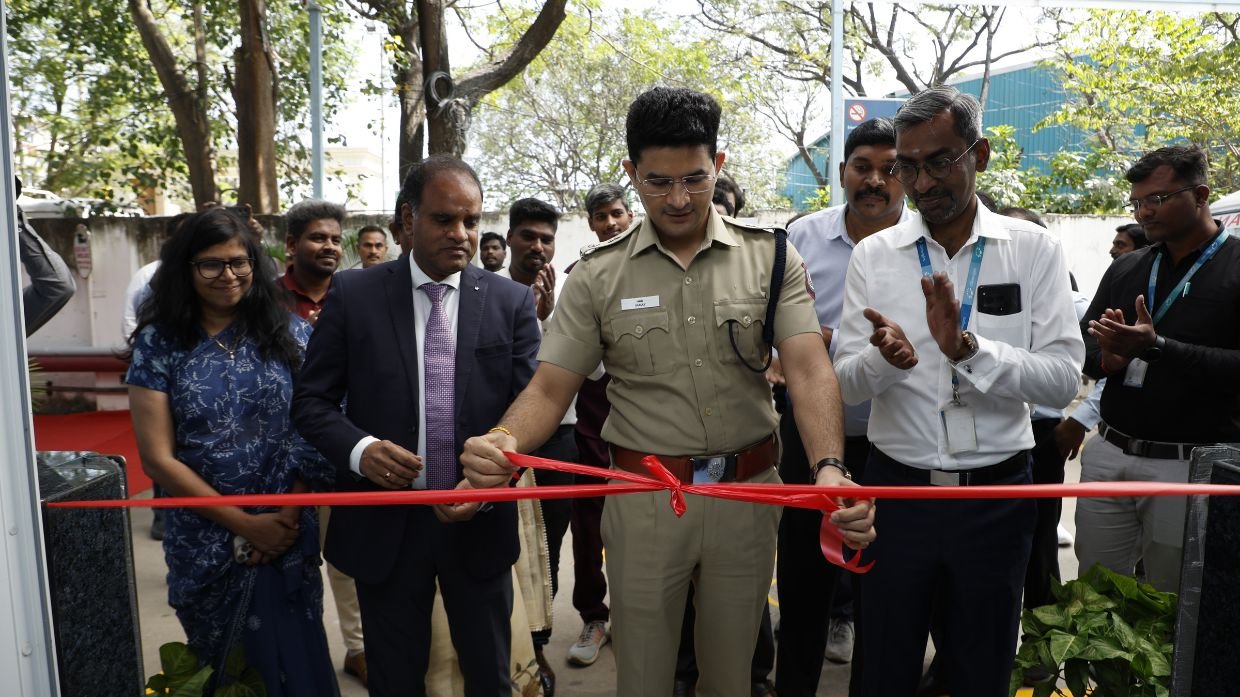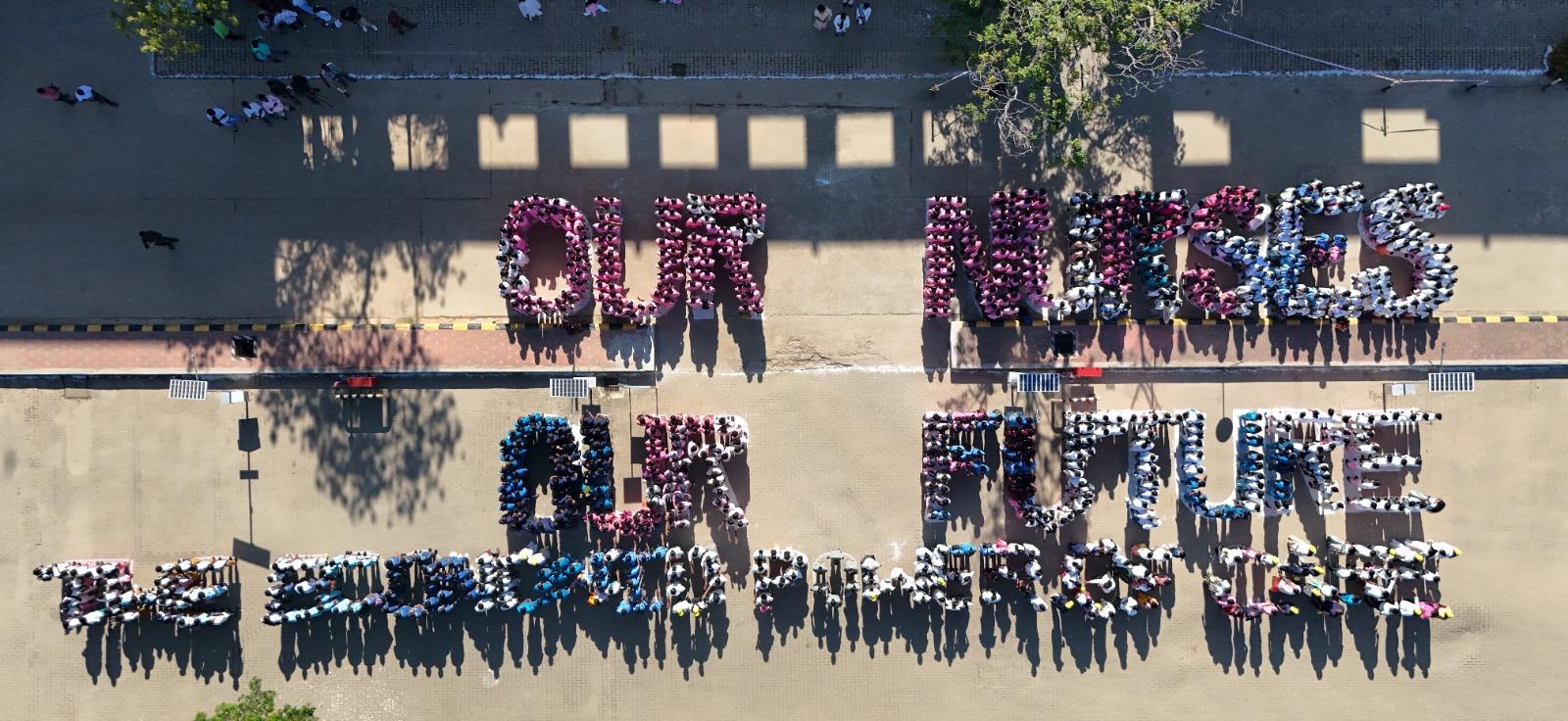Heart and Lung Transplant
Gleneagles Hospitals has provided a new lease on life with cutting-edge heart and lung transplants for end-stage diseases. We perform superior heart and lung transplantation for unsalvageable cardiac and pulmonary failure.
Our patients benefit from the combined effort and personalised medical attention from our multidisciplinary team of transplant surgeons, pulmonologists, cardiologists, anaesthetists, and support staff. Our unique infrastructure, tailored to the demands of complex transplant surgeries, includes emergency rooms, trauma care, and intensive care units. We are your trusted partners throughout the transplant journey.









